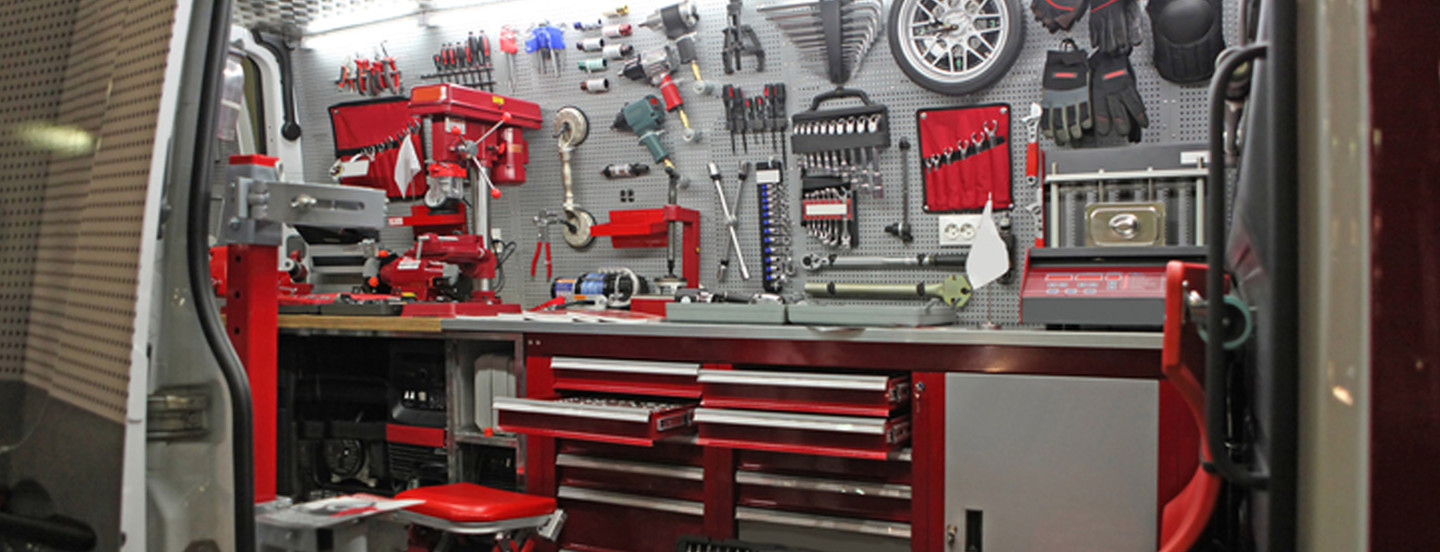
A leading van-based service organisation employed 2,500 engineers providing call-out services to customers. Each van carried standard stock of around 40 parts. Drivers could source additional parts from wholesalers on demand.
On paper, this looked like efficient distributed inventory. In reality, it was an audit nightmare.
Once stock left the warehouse and entered a van, it disappeared from visibility. The van-based engineers used their own non-SAP system to record sales. This data was entered into SAP at the end of each day.
But the van system didn’t track stock levels for traceability and auditing. Every van became a mobile black hole where inventory vanished from corporate oversight.
Auditing stock levels required detective work. Auditors had to trace goods movement backwards to the point of audit. This meant working through millions of records in SAP’s goods movement tables.
The database groaned under the performance demands. Pivot had to analyze millions of movement records to answer simple questions. What stock should be in which van? Has anything gone missing? Are the records accurate?
Daily operations added to the complexity. Wholesalers provided summaries of daily purchases that ran to 1,000 transactions. Manual data entry from van systems created more opportunities for errors and delays.
The invisible inventory was growing larger and more unmanageable every day.
The client had worked with their usual partner for years. The relationship wasn’t bad, but solutions had stagnated. ABAP tickets sat on “to do lists” and celebrated birthdays. The partner’s bureaucratic approach couldn’t handle the mobile inventory challenge.
The client needed something different. More nimble. Less rigid. A solution provider who could work with limited information and deliver results fast.
Pivot’s small, focused team opened the client’s eyes to what they could achieve.
The first step was pragmatic. Compile spreadsheets containing stock levels for each van and load them into SAP. This provided immediate visibility of previously invisible inventory.
The manual process was then automated. Van-based systems generated flat files to eliminate manual data transfer. Stock levels became visible in real-time instead of at day’s end.
The final stage integrated wholesaler and van-based systems directly into core SAP. Manual data entry disappeared. Flat files became unnecessary. Real-time integration replaced batch processing.
The invisible inventory became visible. Staff could check stock levels at any time for any van. Staff could compare physical stock with book records. Staff could align discrepancies without detective work.
Database performance improved dramatically. Instead of searching through millions of historical records, current stock positions were accessible.
The 2,500 vans transformed from audit black holes into transparent, trackable inventory locations. Stock visibility became real-time instead of retrospective.
Auditing changed from laborious detective work to straightforward verification. Database performance issues disappeared. Pivot eliminated manual data entry.
Pivot’s “uncanny intuition” worked with minimal information to deliver maximum results.
Over 2,500 engineers depended on having the right parts available. Transforming invisible inventory into transparent tracking meant both operational efficiency and audit confidence.